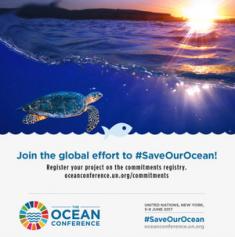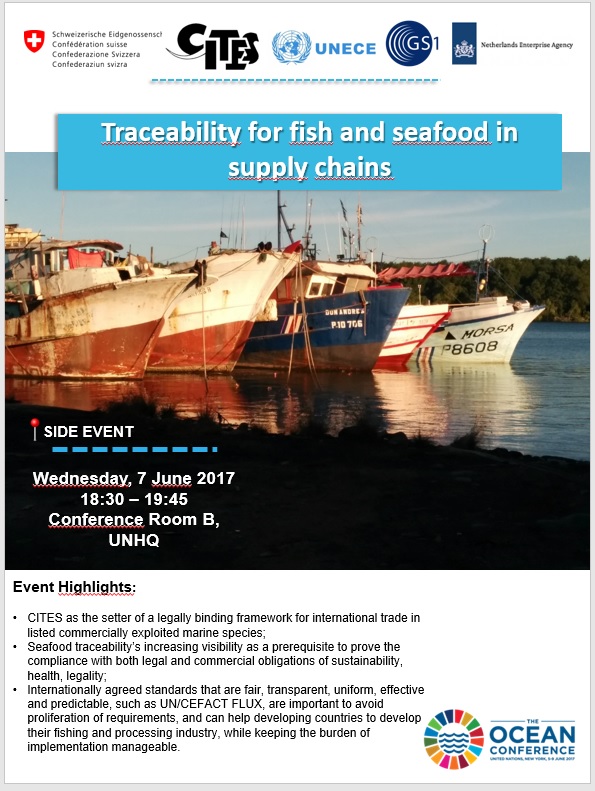Traceability establishes end-to-end transparency and trust in a supply chain. It allows producers and traders to market sustainability aspects of production, transformation and transportation of the product and consumers to make rational decisions and introduce change.
The interaction between instruments seeking the conservation of wild fish stocks and marine species on the one hand, and the trade regime on the other, is a key ingredient for sustainable fishery and will shape the way in which we harvest, process and trade fish.
Seafood traceability is required for the purposes of general food law, fisheries control and fish marketing, but is increasingly also seen as a prerequisite to prove the compliance with both legal and commercial obligations of sustainability.
Traceability is also fielded in the fight against Illegal Unreported and Unregulated fishing (IUU). IUU fisheries are destructive fishing practices that have a negative impact on sustainable fisheries, livelihoods, and world fish stocks. In 2016, illicit fishing was reported to account for up to 26 million tons of fish per year, which is a staggering 25% of fish harvested annually from the oceans and valued at up to USD 23 billions. This is the value lost each year to legitimate fishers. Traceability increases transparency in the supply chain and is a method to prevent laundering of illegally harvested fish into the legal market.
International standards ensure that anybody placing seafood on the market labels seafood clearly and accurately. On the other hand, they prevent the proliferation of many different standards, which would cause an unnecessary burden on businesses, in particular in developing countries.
Efforts to increase Traceability should therefore not be based on unilateral regulations or evaluations but on agreed standards that are fair, transparent, uniform, effective and predictable, which can help developing countries to develop their fishing and processing industry.
Click for more information:
The Ocean Conference Programme



